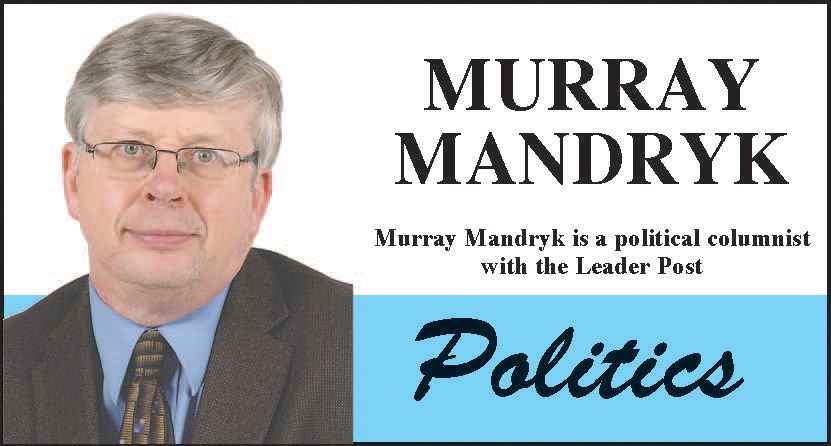This week, the Saskatchewan government embarks on what is its most positive advertisement — it’s annual budget.
Budgets are filled with thinly veiled propaganda where the government of the day — regardless of political stripe — promotes its spending your tax dollars for your benefit.
Actually, that’s a bit of a harsh assessment.
We do, after all, select government by virtue of not only how various parties choose to spend our tax dollars but also how many of our tax dollars they choose to collect.
And while it might seems government and its seemingly limitless ability to hire communication and spend our tax dollars on questionable self-promotion, it’s just as easy for an Opposition to zero in on a budget item has the public or even a special interest group rather riled.
There is absolutely nothing wrong with this, either because scrutiny is oppositions should be doing.
Really, it’s how politics works: You promote yourself with a positive message; you criticize your opponent by dwelling on the negatives in either their policies or promises.
And about on only expectation is that everyone is relatively truthful about it … although what’s true and what’s not is often in the eyes of the beholder.
So it’s a little dangerous for opposition politicians — or any politicians — to start griping about governments portraying them in a negative way through advertisements or otherwise.
Recently, NDP Opposition leader Ryan Meili has been rather vocal that a Sask. Party TV about him is negative American-style politics.
Well, let’s quickly examine the ad to see what’s inaccurate and what’s fair and reasonable criticism.
We should likely start by noting it seems a bit petty for the Sask. Party to use a grainy black and white image of Meili skateboarding. He does, so it’s accurate. But why is it relevant to anyone?
On the more substantive issues, Meili did say Saskatchewan should “consider a modest carbon tax”. While he does not specifically supported the current federal carbon tax that will be $50 a tonne by 2022, what he’s said doesn’t exactly contradict federal Environment Minister Catherine McKenna’s plan.
Moreover, he did call the Sask. Party’s Constitutional challenge against the carbon tax “a pointless crusade.”
It’s also true he spoke at an anti-pipeline rally with signs saying: “keep it the ground.” However, it should be noted the rally was to protest the Husky oil spill into the North Saskatchewan River, which many communities rightly complained about at the time. And Meili’s speech did not oppose pipelines.
Yes, there was there was a radical element there. but that doesn’t necessarily mean Meili shares their views. That said, Meili has complained about Premier Scott Moe allowing his ministers to attend yellow vest rallies that have also had radicals in their crowds spouting extreme views.
But where Meili seems to right about the Sask. Party ad being misleading is the line that states: “When it was time to fight Trudeau’s equalization plan that hurts provinces like Saskatchewan, he didn’t say anything at all.”
About the only thing Meili has ever said on the equalization fight is completely true — that the Sask. Party government could have helped changed equalization a decade ago, but refused to for seemingly partisan political reasons.
Former premier Brad Wall cancelled a legal challenge against former Conservative prime minister Stephen Harper for reneging on his 2006 election promise to remove natural resources from the equalization formula. This promise would have meant an extra $800 million a year for Saskatchewan and was supported by both the NDP and Sask. Party.
Instead, the Sask. Party is now proposing distributing half the equalization money on a per capita basis – a policy that most benefits Quebec and Ontario and hurts small “have-not” Atlantic provinces.
Murray Mandryk has been covering provincial politics for over 22 years.



